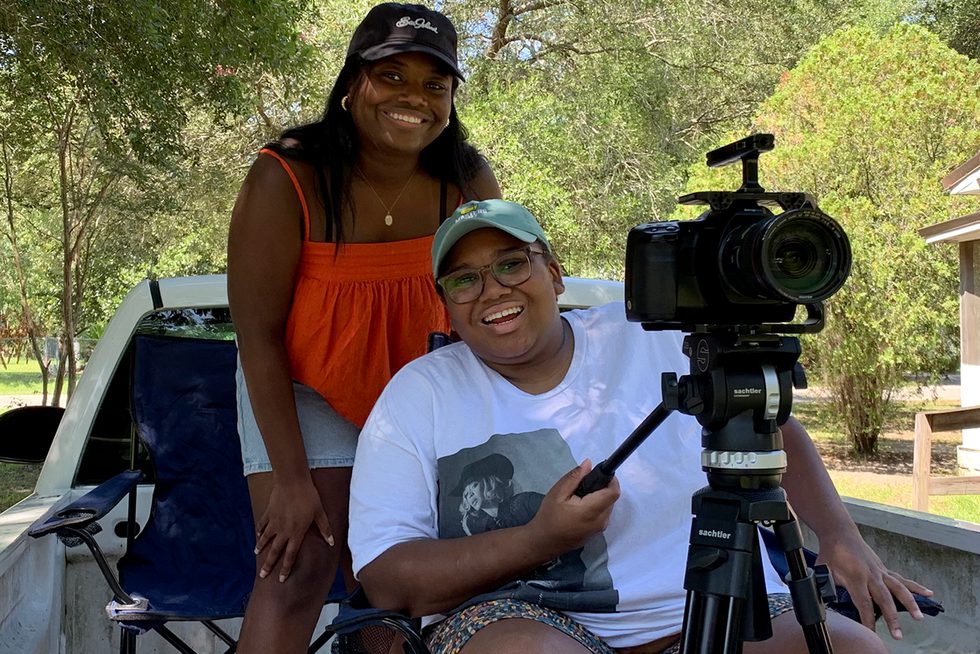-

“It’s more than just a place.”
CategoriesPublished:Wellesley’s Book Arts Lab celebrates 80 years.
-

When research becomes rescue
CategoriesPublished:While studying the Gullah community, Catherine Sneed ’25 saved a life.
-

An electric night with Janelle Monáe
CategoriesPublished:The multifaceted performer spoke at Wellesley about art, world-making, and community.
-

A hub of global engagement
CategoriesPublished:At the Wagner Centers Faculty and Researchers Symposium, professors discussed their work on pressing global challenges.




